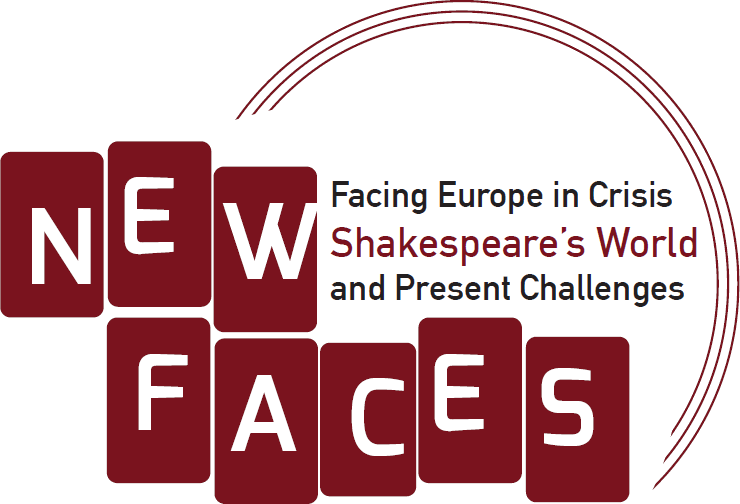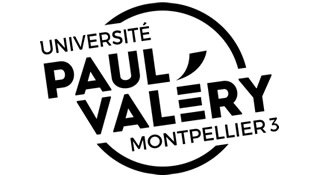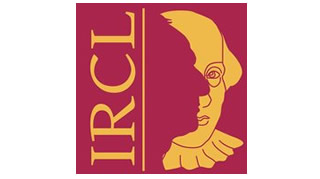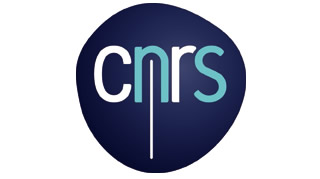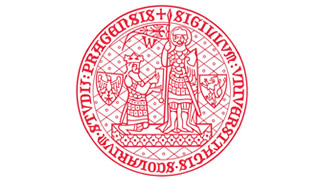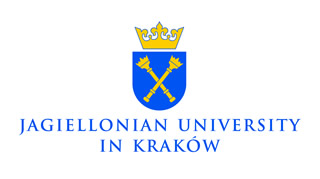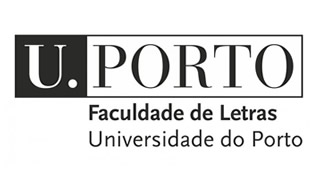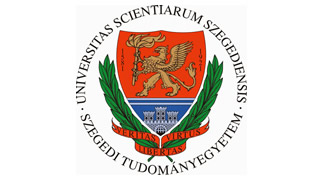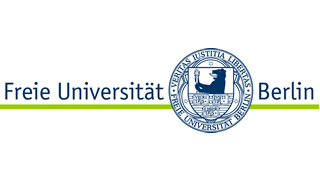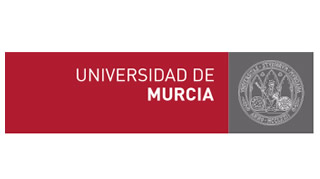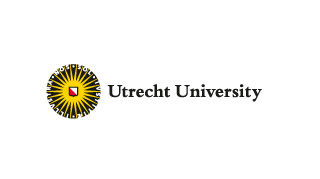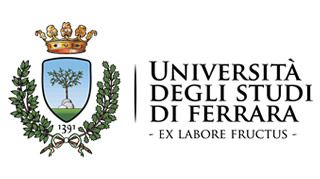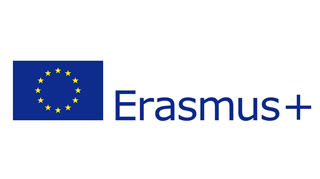LANGUAGE AS NEGOTIATION AND REPRESENTATION OF IDENTITY IN EARLY CRISES
Taking plays, poetry and essays as textual sources, the seminar intends to explore how language is used to represent the self and interact with others, influencing and expressing ideas of difference and perceptions of roles that often remain implicit. The early modern period witnessed transformations initiated by the Renaissance, the Reformation, and economic/political developments in the nascent capitalist societies of emerging nation states, and language reflected this new view of mankind and European culture. Using tools deriving from Critical Discourse Analysis, Pragmatics and Sociolinguistics, and making explicit comparisons between early modern and postmodern modes of discourse, students will be brought towards a deeper appreciation of the uses of language in perceiving and presenting identity, in creating textual realities, and will observe and assess its role in the crises of early-modern and present-day Europe.
